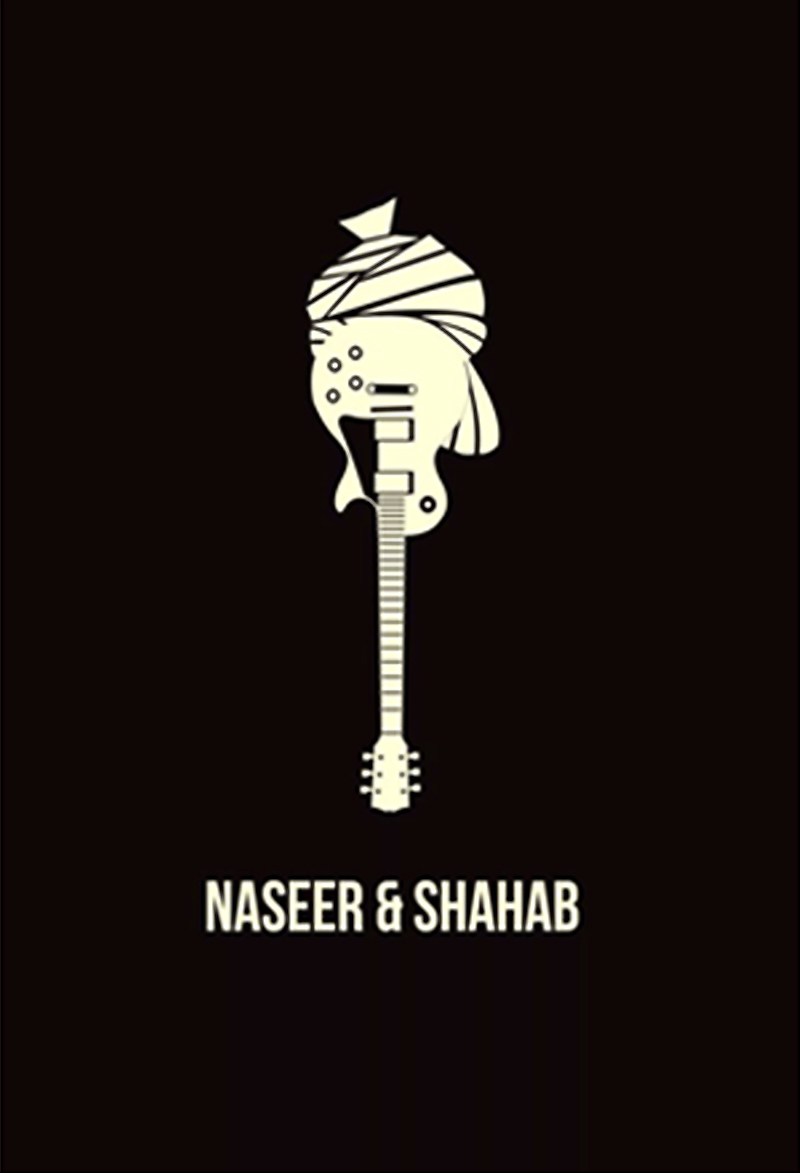Amidst scenes of laughing Pakhtun children playing with worn out tyres at an internally displaced peoples’ camp in northwest Pakistan walks a young man named Naseer Afridi, singing of peace and love:
“If you hit me with stones, place a gun to my head, I’ll greet you with a flower in return. I am Pakhtun.”
So touching are the resilient smiles of the displaced Pakhtun children in Naseer's music video that an American woman sitting halfway across the world contacted him about how his song Za Pukhtoon Yam (I am Pakhtun) gave her peace. She thanked him profusely for pushing her to learn about a people of whom she was previously unaware.
When Naseer began his music career, he didn’t predict that the lyrics he wrote in his bedroom in Islamabad would impact someone so geographically and culturally distant from him. He was simply frustrated by the lack of experimentation in the Pashto music industry and decided to rebel against its stagnant state.
Also read: Gripes of underground musicians
His ambition of revitalising Pashto music led him, in partnership with Shahab Qamar as the guitarist, to form the first Pashto rock band in 2010, 'Naseer and Shahab'.
``
Since then, the duo has progressed from learning through YouTube videos and producing music independently to performing last month on Coke Studio Pakistan, the country’s most popular television program of music.
"Music has become an educational trip for me," Naseer tells me.
"I want to push people to realise the importance of breaking free from their shells and creating something original. I deliberately experiment with accent, tune, and lyrics. Yes, I face criticism for how unconventional my music is, but I believe in change. Culture is dynamic and constantly evolving. Pashto rock is my way of contributing to an evolving culture."
This is just how innovation and new genres typically enter into Pakistani music: the fusion of Western and Eastern traditions. The resulting product is a distinctly original and strong expression of the country's historical and cultural realities.
 |
| Naseer and Shahab’s logo, as designed by Shahab Qamar in 2010. The logo consists of a Pakhtun turban atop an inverted electric guitar and speaks of the multiculturalism they're out there to promote. The duo draws its instrumental inspiration from their favourite Western bands as teenagers like Linkin Park and Coldplay. |
Following in the footsteps of 'Junoon', which introduced the world to Sufi rock in the 1990s, the band 'Naseer and Shahab' is attempting to break new ground by experimenting in Pashto rock. The traditional Pakhtun instrument rabab has been replaced with the electric guitar to pull a much larger crowd, while the Pashto lyrics offer a change full of freshness to mainstream Pakistani audiences.
Take a look: Music has no boundaries: Strings battle it out with Indian band Euphoria
Music is arguably the most effective medium of cultural exchange because it invades hearts, inspires minds, and transcends borders. Naseer Afridi and Shahab Qamar are not the only artists in Pakistan driven by the prospect of cultural exchange.
Shayna Cram, an American public diplomacy officer at the US Consulate General in Peshawar, sings in multiple languages and recently collaborated with Naseer on a Pashto song, titled Za na manum (I don’t accept).
The song rejects stereotypes about Pakhtuns that portray them as terrorists. Considering the frequency and severity of terrorist attacks in northwest Pakistan, it is important to highlight the consequences that Pakhtuns themselves continue to face; Pashto rock is one way to open up channels of communication and bridge the region with other parts of the world.
 |
| A still from the track “Za na manum”, with Shayna Cram and Naseer Afridi on the vocals and Sarmad Ghafoor playing the guitar. —Photo credit: Irshad Ali Khan |
Naseer believes that raising awareness through artistic productions can educate people in Pakistan with the idea that change does not threaten culture, but helps develop it.
Read on: Living legend wants state to preserve classical music
The band’s upcoming projects include their first English track with animations. After producing songs in both Pashto and Urdu, this next project showcases the duo’s eagerness for further experimentation.
“I don’t want to be tied down to one locality,” says Naseer.
``
Why are such initiatives worthy of notice? Because in a volatile country like Pakistan, it is important to highlight that experimentation and synthesis with the outside world does not always yield negative results, but a whole range of new possibilities too.
We are what our cultures are, and if we isolate our cultures, we'll isolate ourselves.
Music will help connect us in a way that politics will never be able to.
And that is why people like Naseer and Shahab need to be encouraged in every way possible.
Related:













































